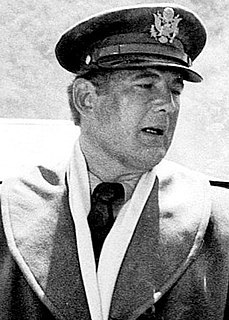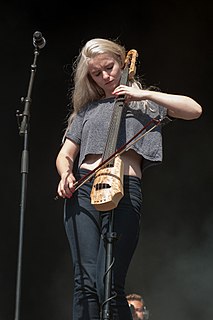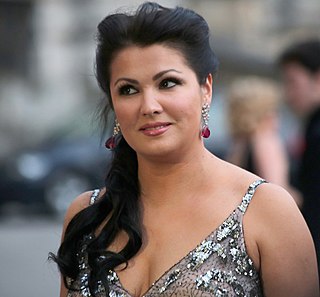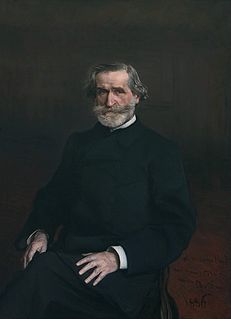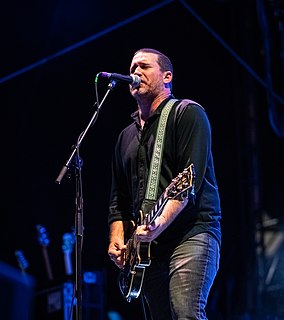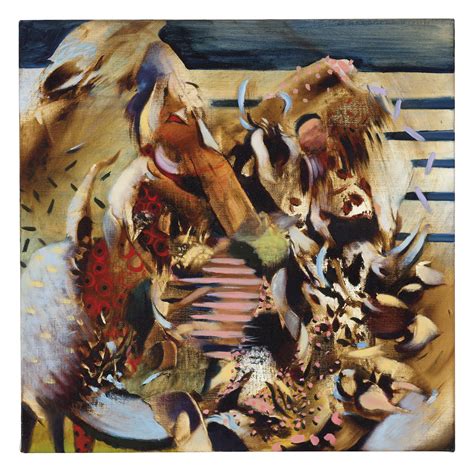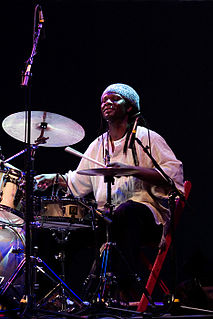A Quote by David Ogden Stiers
You hear the same work by different orchestras, different conductors, violinists, pianists, singers, and slowly, the work reveals itself and begins to live deeper in you.
Related Quotes
There are two types of conductors. One is the good conductor who can do passionate music but also listen to the singers and do the orchestra. And then there are great conductors, who have their own opinion on the music, who are ruling everything - and not listening much to the singers, but the orchestra play amazingly.
It's always a blast playing the new stuff. But I feel like songs, in a way, are never finished. You get to a point where you're comfortable enough to put a stamp on it and send it out there, but even after recording it, when you're playing it live, you hear different harmonies, you hear different notes, you hear different tempos or peaks and valleys in the song.
Because when you work with a different team, the expectations are different and then you deliver in a very different way. You look back at it and you're proud of yourself. And when the same people come in and you do the same thing, it's boring. You could re-envision it again and again but when the new chemistry of ideas comes in, something happens as a team.
Barriers have been broken: rappers are singing, and singers are rapping. You might catch a rapper on a rock song, a pop artist on a hip-hop song - there are so many different things that are going on today. That is the same way in which we live our lives; we're all over the place. I like to try different things.
When I started doing improvise music in Europe, in the beginning I thought the way that Europeans were interpreting the reconstruction of deconstruction of this thing that we call jazz - of course it's different than what Americans do, because Europeans have a different history, a different sensibility and so forth - the nature of the creative process itself it's the same; but what comes from that creative process is different, because you have a different history, you have a different society, different language.
There's something I have about being Canadian - there's a distance it gives you when you live in the States and operate in American culture. You approach familiar things a different way; you come at it from a different angle. It's a trait that runs through a lot Canadian artists' work and actors' work and musicians' - that kind of special remove.
